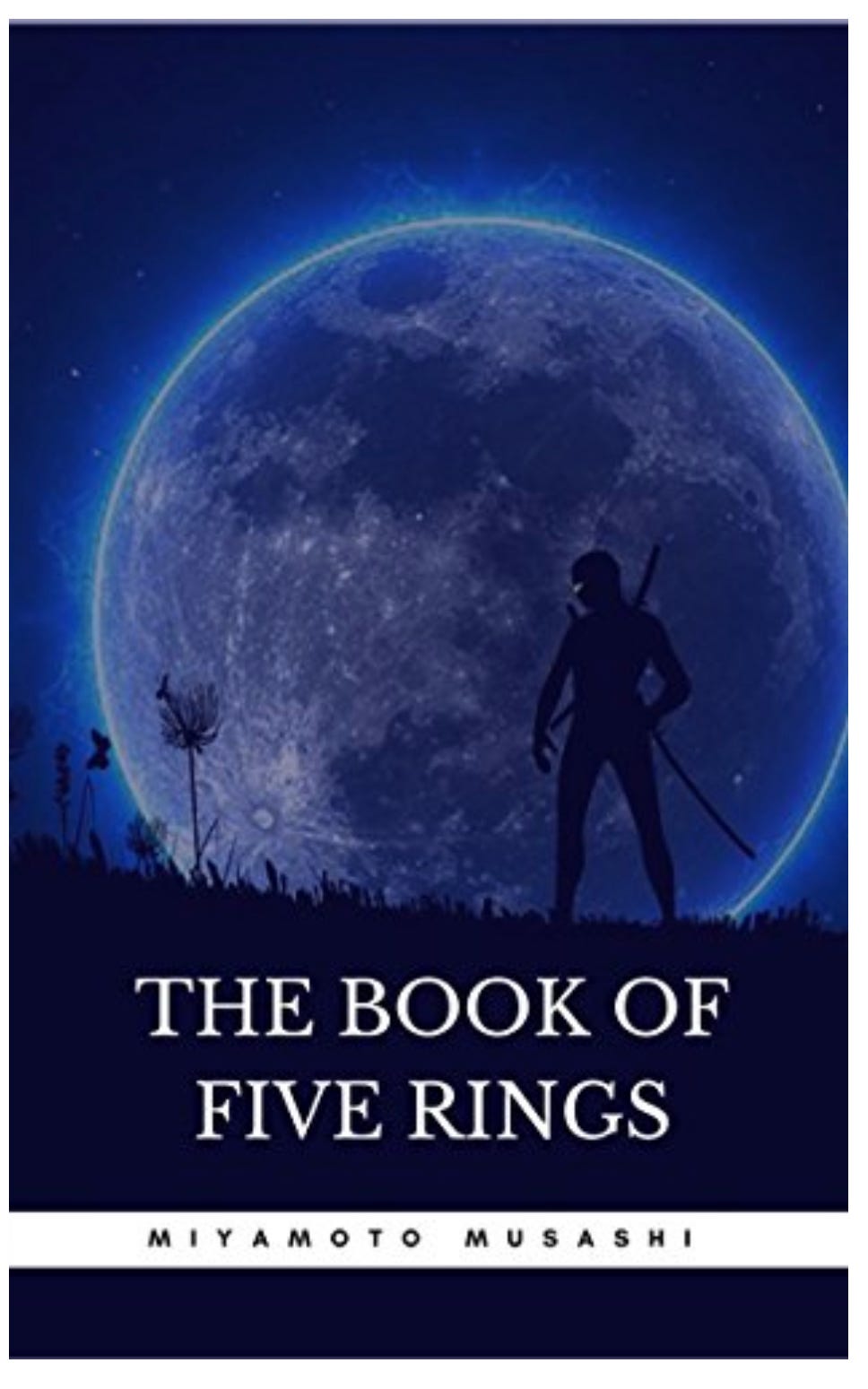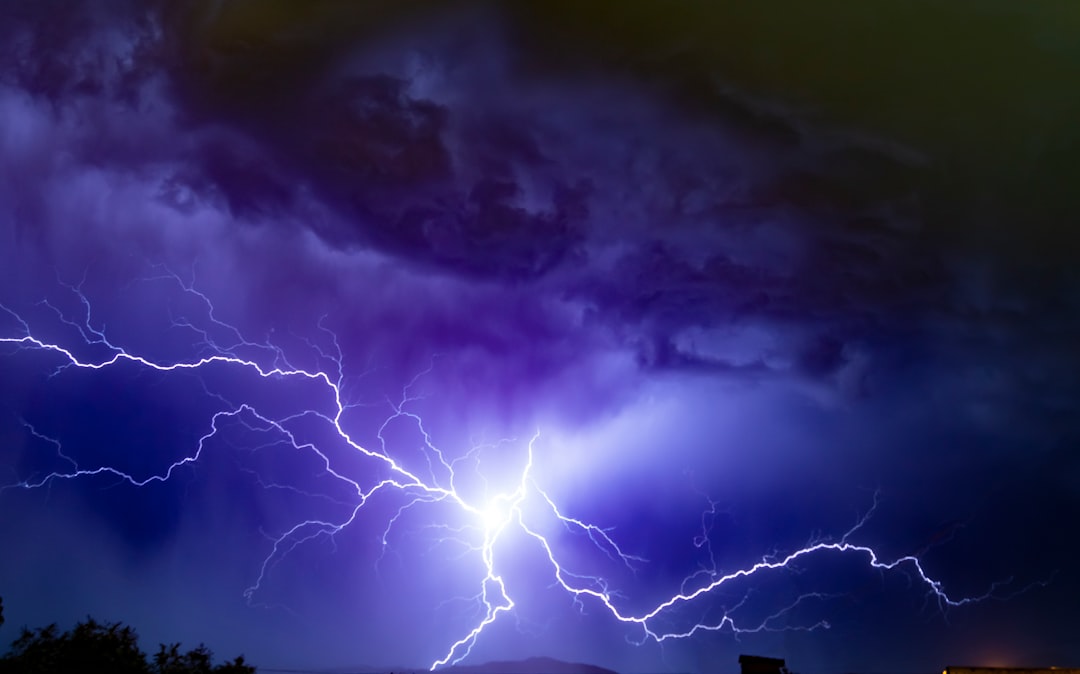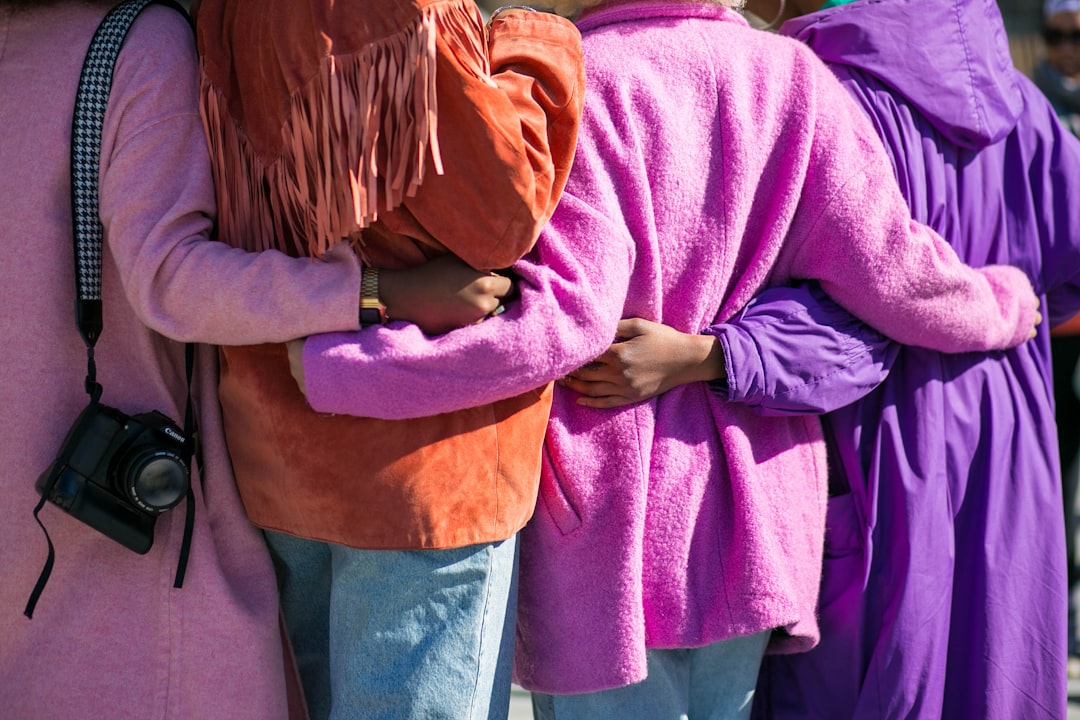Today’s edition of The Anxious Morning is something a bit different. It’s part one of a two part series, so be sure to come back tomorrow where we’ll take today’s assertion and apply it to the recovery process.
In 2017, a study conducted at the University of Michigan indicated that children that witness intimate partner violence can form the belief that people that get hit somehow deserve to be hit. These children can also form the belief that fighting is the proper way to resolve conflict.
A 2019 paper by Kate Ellis published in Child Abuse Review showed that all 15 voluntary participants in a study conducted by Ellis labeled themselves as being responsible for abuse they had endured at the hands of others.
In 1966, a famous paper was published in The Journal of Personality and Social Psychology that suggested that the need to believe in a “fair” world can lead us into a victim blaming mindset where bad things happen only because victims in some way trigger those things.
A common theory in the social sciences says that we seek a fair world in which we are safe. We want to believe that bad things do not happen to good people. In this framework, when bad things do happen to good people, we first seek to remedy them. If we are unable, a conflict is created between the world we desire and the world we experience. We resolve this moral, ethical, and emotional conflict by concluding that victims of misfortune are in some way responsible for that misfortune.
The 2017 and 2019 papers I referenced above would illustrate this theory in action. Experiencing first-hand abuse leads to self-blame. Witnessing violence as a third party leads to victim blaming and normalization of that violence. The 1966 experiment illustrated the path to victim blaming - a rationalization and normalization of bad things happening - in a controlled setting.
There is quite a bit of research and clinical evidence that points at our propensity to “accept” negative events in a way that makes them appear somewhat inevitable and explainable through fault or trait-based placement of blame and responsibility. A 500 word morning newsletter can’t even come close to an in-depth exploration of this phenomenon, but humans appear to be very good at maintaining a “safe” view of the world by denying the reality of negative events. We often make the mistake of therefore denying our ability to rise up and respond to them. We call them inevitable. We explain them as the result of structural flaws in ourselves or in others.
Why is this important to us? Because this is a way that we begin to normalize our anxious, restricted state. It becomes expected. It becomes just the way things are. We cannot explain why this is happening to us, so we find whatever means we can to fend off the idea that sometimes the world is unfair, and that life is full of seemingly random negative events and bad outcomes.
If we are not careful, we settle into the idea that this will be our normal state forever. That’s not a good place to be.
Tomorrow we’ll look at the practical ways that this can hinder the recovery process.
Reference Links:
Kids In Violent Homes Often Think Those That Get Hit Deserve It
Blame And Culpability In Children’s Narratives Of Child Sexual Abuse
Observers Reaction To The “Innocent Victim”: Compassion Or Rejection?
I recently blew through The Book Of Five Rings by Miyamoto Musashi. Very short read, and not at all what I thought it would be. The entrepreneur crowd seems to dig it for some reason but unless you are literally looking for a tersely worded lesson on how to use a sword, you can skip this one.
Every Tuesday I’ll let you know what I’m currently reading. I read quite a bit on psychology and philosophy, but really you never know what I’ll have in my Kindle or Audible libraries! If you’re on Goodreads and into books, you can follow/friend me over there. Here’s a link to my “currently reading” shelf. I’d love to see what you’re reading and what you recommend.















Share this post